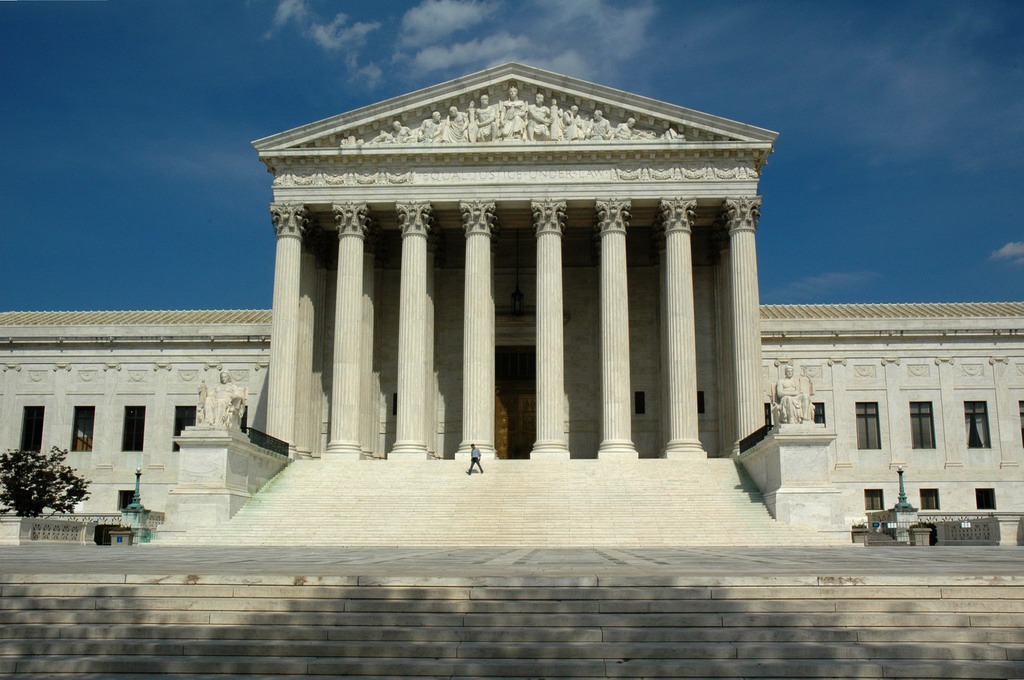The code of conduct controversy: condemning US university presidents
Pro-Palestine protests have echoed throughout the Ivy Leagues in the US, with calls for condemnation trickling down from Congress and the White House. Presidents of three of the nation’s top universities are facing allegations for evading lines of questioning in a congressional hearing on whether calls for the genocide of Jews by students should constitute harassment and a violation of the schools’ codes of conduct. Amid surging protests, leaders of US universities have used coin-flip tactics to balance the free speech of pro-Palestinian activists with the fears of Jewish students who feel spreading rhetoric has crossed the blurred lines between free speech and antisemitism. Some have taken steps to increase security measures and reporting tools whilst others have responded by banning groups who have actively supported Palestinian rights. Since the hearing in early December, controversy has grown, with increasing implications for free expression across campuses.
US university students feel their campus has not done enough to address anti-Jewish prejudice
Supporters of Palestinian rights have seen the calls for condemnation of their cause as an effort to muzzle criticism of Israel by the US government, after a soaring civilian death rate following military offensives in Gaza.
Presidents of Harvard University, MIT, and the University of Pennsylvania have been faulted for their failure in condemning allegations against students calling for a genocide of Jewish people amidst conflict in Palestine and Israel. Penn Students Against the Occupation, who organised an October 16 rally on the University of Pennsylvania Campus were heard to be calling for the deaths of Jews. However, the Anti-Defamation League described these claims as the perpetuation of a false narrative as demonstrators were in fact chanting, “Israel, Israel, you can’t hide: We charge you with genocide,” referring to the military imposed deaths of Palestinians in Gaza. Students on the Harvard University campus added to tensions in their open letter, which was co-signed by 33 student groups. The letter held “the Israeli regime entirely responsible for all unfolding violence,” as they stated that “for the last two decades, millions of Palestinians in Gaza have been forced to live in an open-air prison.”
Demonstrators on either side of the conflict have found themselves vilified for their advocacy of Jewish and Palestinian lives, when in reality culpability for these actions lies with the governing regimes that have endorsed military imposed civilian casualties in both Israel and Palestine.
Since the Hamas attacks and civilian deaths in Palestine, more than one third of Jewish students have stated they feel uncomfortable sharing their views on Israel, and roughly the same proportion said they feel uncomfortable speaking out against antisemitism from fear of backlash from pro-Palestine protestors. A majority of students on US University campuses – both Jewish and non-Jewish – feel like their campus administration has not done enough to address anti-Jewish prejudice at their universities.
It is easier for governments to villainise victims than to hold their friends to account
Elise Stefanik, a Harvard graduate and former Republican mainstream conservative turned pro-Trump Maga Republican, has led the charge towards university chiefs in the congressional hearing on December 5. Stefanik’s line of questioning focused on whether the codes of conduct of the universities in question allowed students to call for the murder or genocide of Jews. Elizabeth Magill, President of the University of Pennsylvania at the time, was a particular target of attack for calling it a “context-dependent decision” when asked if “calling for the genocide of Jews” violated her university’s rules; she later apologised for her response following her resignation. Claudine Gay, the first African American Harvard University president, offered similarly legalistic responses citing context; she later followed Magill in issuing an apology. Whitehouse spokesperson, Andrew Bates, has come out against the presidents like many others, stating “it’s unbelievable that this needs to be said: calls for genocide are monstrous and antithetical to everything we represent as a country.”
However, whilst these Republican mouthpieces are acknowledging the deep roots antisemitism has embedded in American higher education, these same people have failed to acknowledge the rot in apartheid-practicing governments of whom they support internationally. This hypocrisy only aids pro-Palestine defenders who are merely condemning an occupation in which they oppose. Why is it that international superpowers jumped to the defences of Ukraine amidst Russia’s military threats, but have failed to condemn Israel in the civilian casualties they created? It is easier for governments to villainise victims of apartheid than it is to hold their friends to account.

Comments